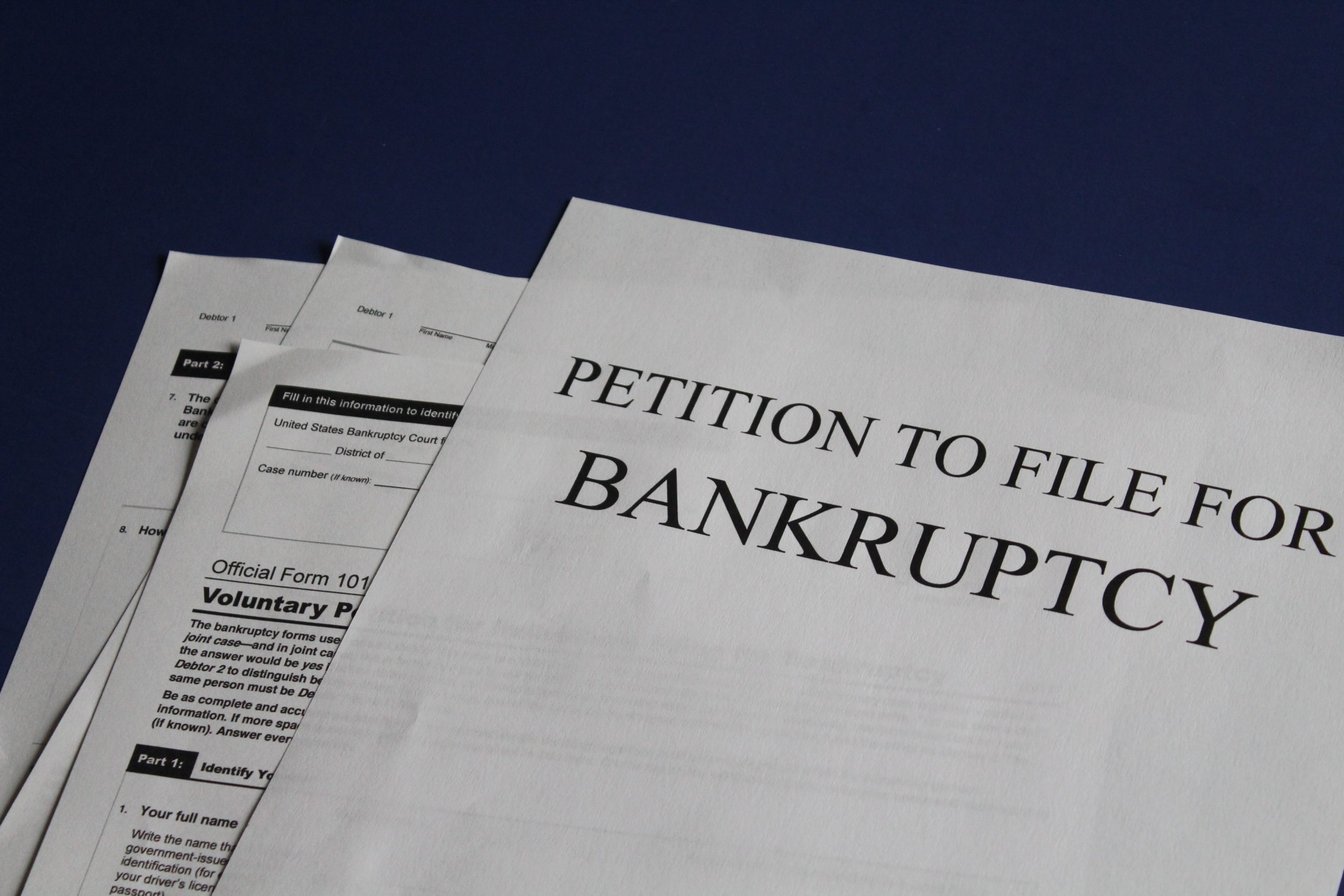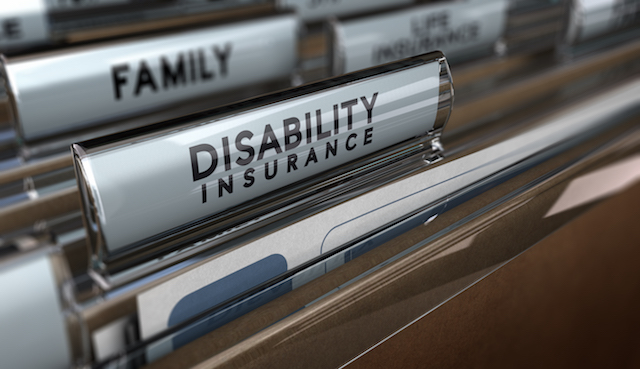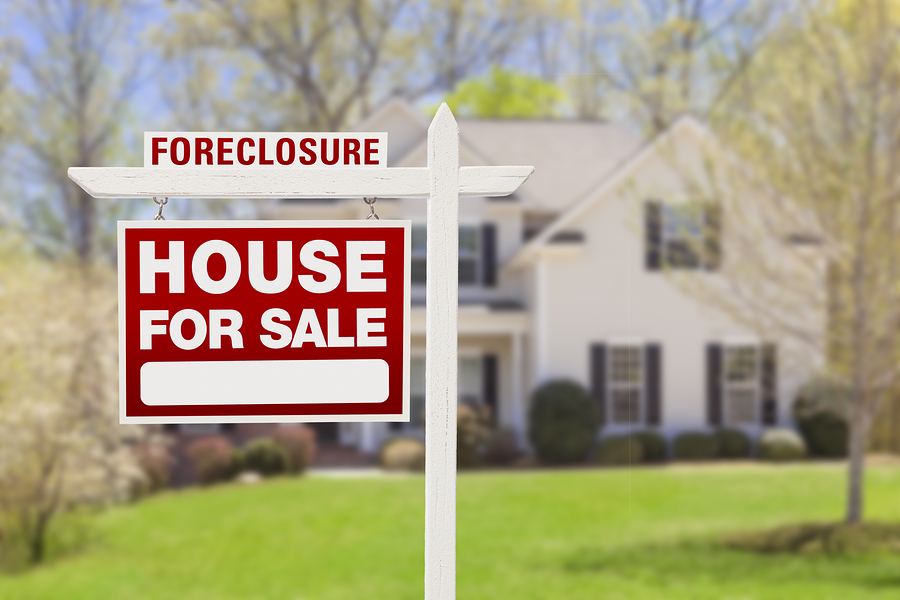Can You File for Bankruptcy to Avoid Paying Restitution in Pennsylvania?
Restitution is a court ordered payment to a victim of a crime. Whether you were convicted of a felony or misdemeanor, restitution is often ordered to compensate the party who was harmed or suffered a financial loss due to your criminal behavior. In some cases, restitution could be ordered as a probation condition. The amount will vary on the degree of damages. For example, if you crashed into another person’s car, you could be ordered to pay for the cost of repairs. However, if you masterminded a fraudulent financial pyramid scheme, you could be ordered to pay hundreds of thousands of dollars to your victims.
Because many people view restitution as a debt, they wonder if they could eliminate it by filing for bankruptcy. Unfortunately, restitution is categorized as “non-dischargeable” debt under the Bankruptcy Code. This means that you cannot avoid your restitution obligations by filing for bankruptcy in Pennsylvania.
However, bankruptcy could still provide you some relief. If you have been ordered to pay restitution, our Philadelphia bankruptcy attorneys could have options to relieve your burden. While it is impossible to eliminate your restitution, bankruptcy could make it more manageable. To see if bankruptcy could be helpful, call Young, Marr, Mallis & Associates at (215) 701-6519.
What is Restitution in Pennsylvania?
Restitution involves a criminal court and is ordered as part of the sentencing of a crime. A defendant is ordered to financially compensate a victim for the losses they suffered because of the crime. Unlike fines, restitution is not meant to punish a defendant. Rather, it is intended to make a victim whole – not unlike a personal injury settlement. For example, if you were convicted of theft or fraud, a court could order you to pay back the amount the victim lost.
Penalties for failing to pay ordered restitution include incarceration. If your current financial situation makes paying your ordered restitution difficult or impossible, you should speak with our experienced Pennsylvania bankruptcy attorneys.
Filing for Bankruptcy in Pennsylvania and Restitution
Because of the intended purpose of restitution, it is non-dischargeable as a matter of public policy and law. However, filing for bankruptcy could still provide relief.
Chapter 7 Bankruptcy
Many people overwhelmed by debt will file a Chapter 7 case to eliminate a significant portion of their debt. As stated above, they will not be able to discharge restitution ordered by the court. However, if someone discharges credit card bills, medical debt, or personal loans, it might make paying restitution more manageable.
Chapter 13 Bankruptcy
The primary difference between a Chapter 13 case and a Chapter 7 filing is the bankruptcy plan. When someone files Chapter 13, they are required to pay back a portion or all their creditors. What they are required to pay back depends on the type of debt, income, and assets. Because restitution is non-dischargeable, it must be paid through the bankruptcy plan.
To be more specific, restitution is considered a “priority” debt. This means that it must be paid before other types of debts. It could be possible to still discharge a substantial portion of your unsecured debt, allowing you to devote more funds towards the restitution payments.
Another benefit is potentially lowering your restitution payments. Because restitution is non-dischargeable, any remaining balance that is not paid through the bankruptcy plan will survive the case. Bankruptcy could give you five years of more manageable payments, allowing you the time to improve your financial or employment situation.
Whether you file Chapter 13 or Chapter 7, an automatic stay goes into immediate effect as of your filing date. This stay stops all collection action by creditors, including government agencies. Therefore, if your bank account was levied or your pay was garnished, filing for bankruptcy would bring you some temporary relief.
Court Fines and Penalties in Pennsylvania
In addition to restitution, a criminal court could impose monetary penalties and fines as a punishment. Typically, these fines cannot be discharged through bankruptcy. There are some exceptions. For example, you are not permitted to discharge a fine for a parking violation in Chapter 7. However, you are permitted to discharge parking violation fines if you filed Chapter 13. If the fine was imposed for a moving violation, it remains non-dischargeable. If you have any outstanding fines, our Bensalem bankruptcy lawyers will review them to determine if they are eligible for discharge.
Civil Judgments and Filing for Bankruptcy in Pennsylvania
Civil judgments differ from criminal restitution, though they could arise from the same incident. Typically, a judgment for a breach of contract or an agreement to pay is dischargeable in bankruptcy. However, when the underlying grounds of the lawsuit are based on criminal conduct, the judgment could be considered non-dischargeable.
More specifically, if a civil judgment is based on willful or malicious conduct or fraud, the debt is not dischargeable. Intentional criminal conduct, such as theft, is also not dischargeable. Our Bethlehem bankruptcy attorneys will have to review the court’s judgment and the underlying facts to determine if a judgment is dischargeable. In some cases, a hearing must be held before a bankruptcy judge to determine the nature of a particular judgment.
Talk to Our Pennsylvania Bankruptcy Attorneys if You Have Court Ordered Restitution
If you believe your restitution payments will make it difficult to pay your monthly expenses, you have options. While avoiding paying restitution is not one of the available options, you could find relief by filing for bankruptcy. Our Montgomery County bankruptcy lawyers are committed to assisting those struggling with financial obligations. Just because you cannot discharge restitution does not mean bankruptcy is not beneficial. Call (215) 701-6519 to talk with one of the experienced attorneys at Young, Marr, Mallis & Associates.





























